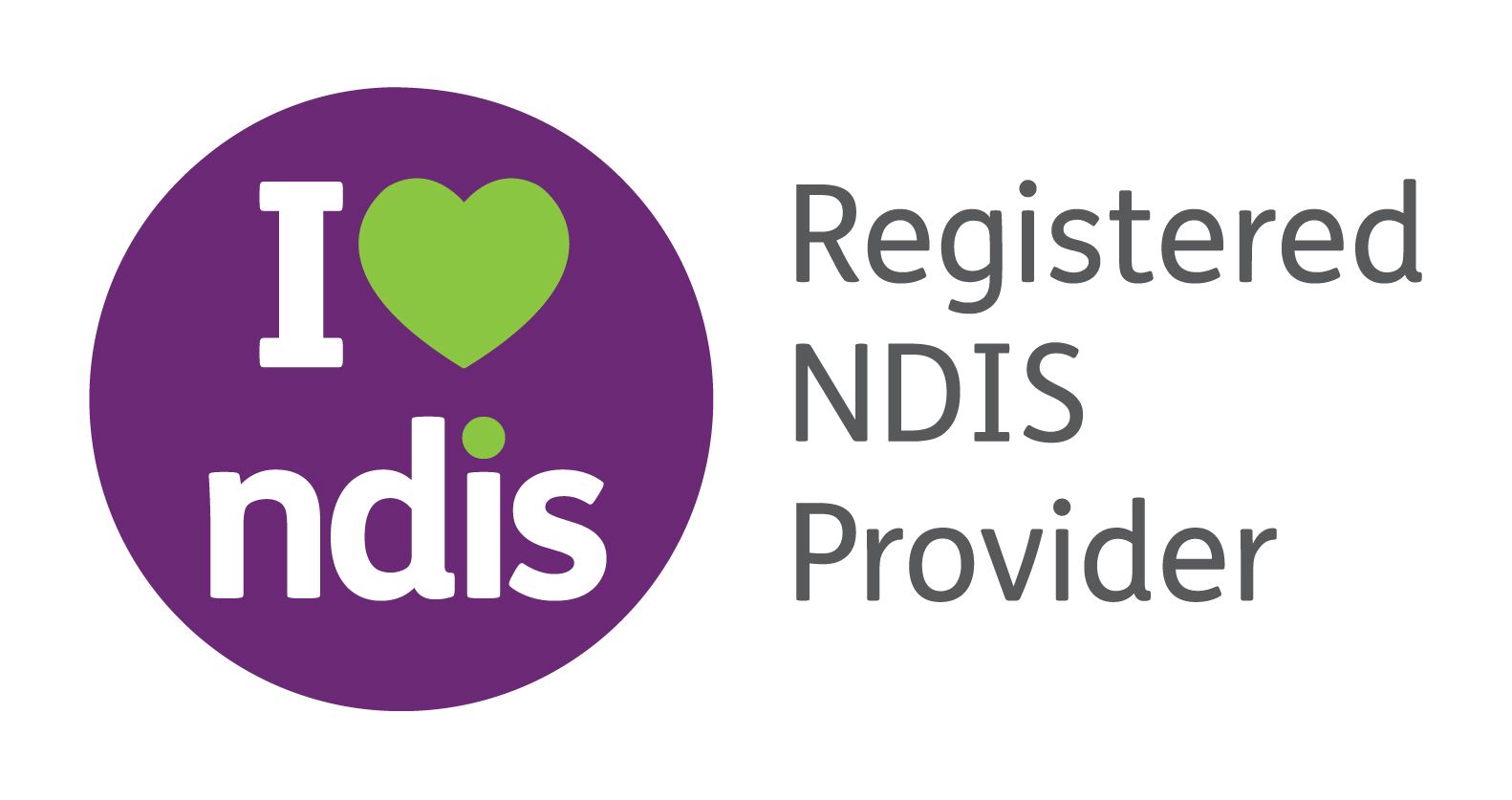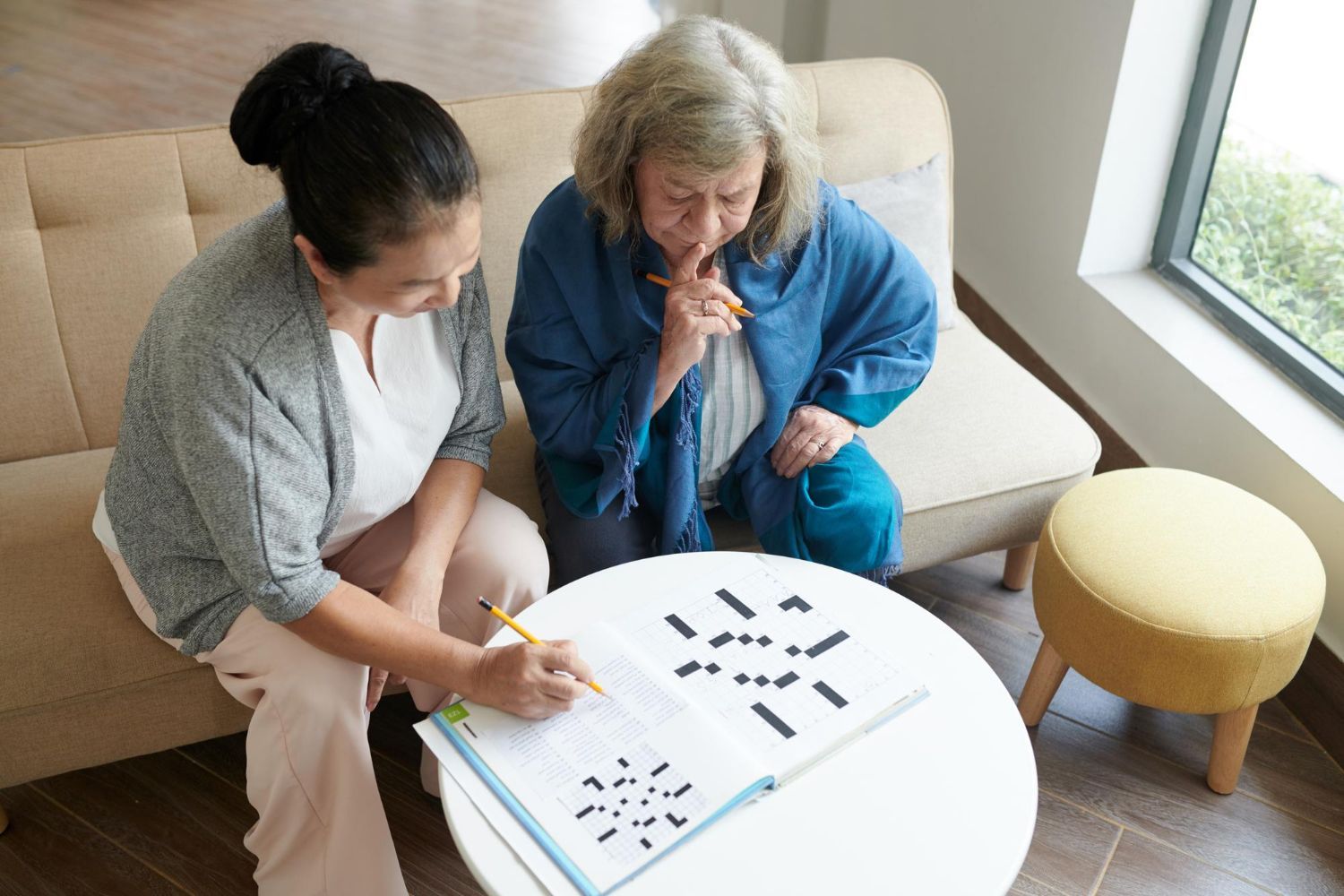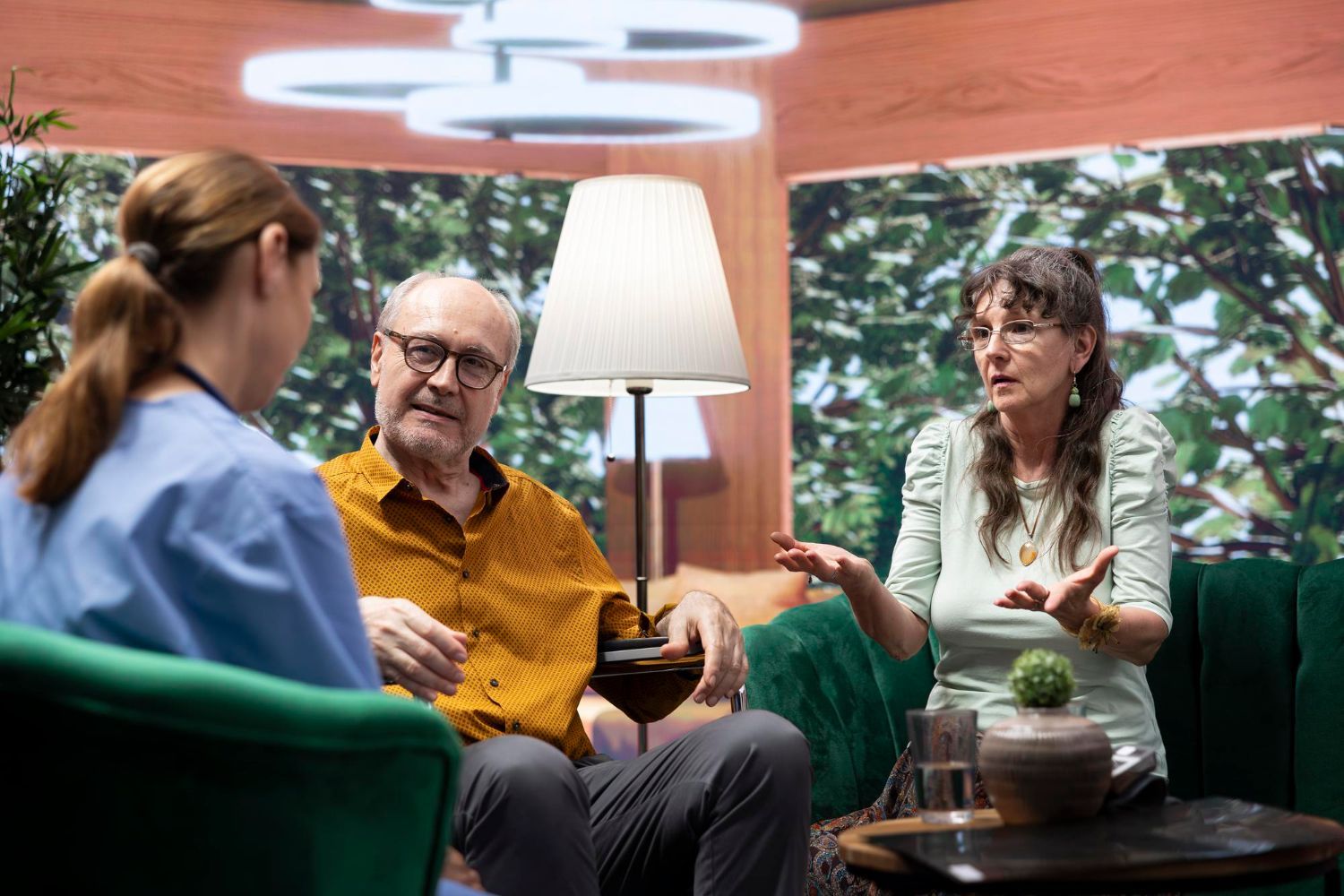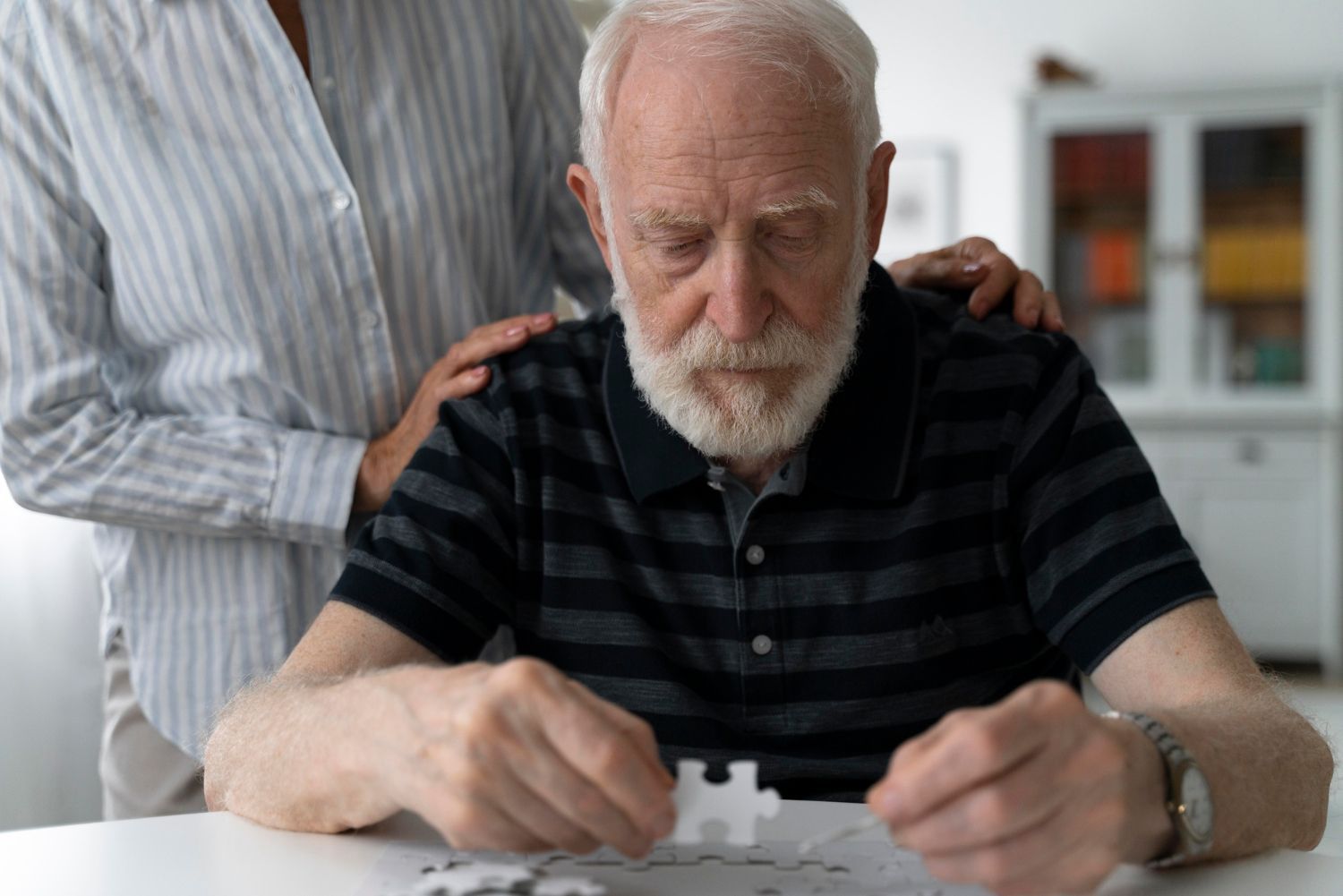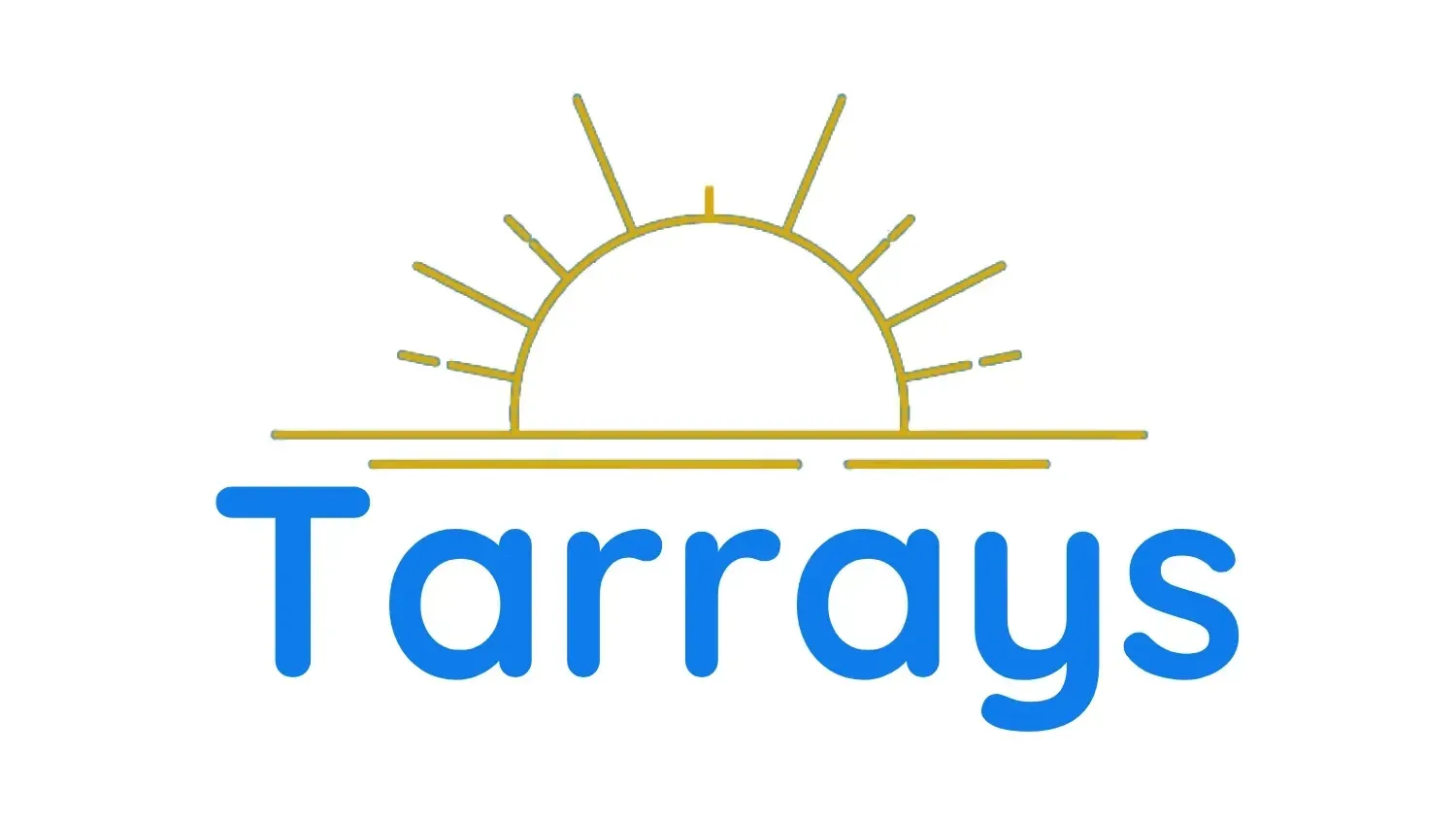December 15, 2025
Behavioural changes are a common and often distressing part of living with dementia. As cognitive abilities change, individuals may express their needs, discomfort or confusion in new ways. Families and carers can feel uncertain about how to respond, especially when behaviours seem sudden or unfamiliar. Understanding why these changes occur and how to respond with compassion can make a meaningful difference to daily life for everyone involved across Australia. Behaviour is a form of communication. When words become harder to find, behaviour often becomes the way a person living with dementia expresses unmet needs. Approaching these changes with empathy rather than frustration helps maintain dignity and supports a calmer, safer environment. Why behavioural changes occur in dementia Dementia affects the brain in ways that influence memory, reasoning, emotions and sensory processing. As these changes progress, individuals may struggle to interpret their surroundings or communicate clearly. Behavioural changes are often triggered by confusion, fear, pain, fatigue or overstimulation. Common behavioural changes may include agitation, restlessness, withdrawal, repetitive actions, changes in sleep patterns or emotional responses such as anxiety or low mood. These behaviours are not intentional. They reflect the person’s experience of a world that feels increasingly unfamiliar. Understanding the underlying cause of a behaviour is the first step in providing meaningful support. Responding with empathy and patience A compassionate response begins with recognising that the behaviour is not a problem to be corrected but a message to be understood. Responding calmly helps reduce distress and prevents escalation. Key principles include: remaining calm and reassuring speaking slowly and clearly using gentle body language validating emotions rather than correcting facts allowing time for responses For example, if a person appears anxious or upset, acknowledging their feelings and offering comfort can be far more effective than trying to reason or explain. Creating a supportive and predictable environment Environmental factors play a significant role in behavioural changes. Noise, clutter, unfamiliar settings or abrupt changes in routine can increase confusion and agitation. Creating a predictable and supportive environment helps reduce stress and promotes a sense of security. Simple strategies include: maintaining consistent daily routines keeping spaces uncluttered and well lit minimising loud or sudden noises using familiar objects and photographs ensuring comfortable temperatures A calm environment helps individuals feel grounded and reduces triggers that may lead to distress. Supporting communication in daily interactions As dementia progresses, communication becomes more challenging. People may struggle to find words, follow conversations or express needs clearly. Supporting communication involves adapting how information is shared. Helpful approaches include: using short, simple sentences offering one instruction at a time asking questions that can be answered easily using visual cues or gestures allowing extra time for responses When communication feels easier, frustration decreases and behaviour often becomes calmer. Recognising physical and emotional needs Behavioural changes can also be linked to unmet physical or emotional needs. Pain, hunger, thirst, discomfort or fatigue may not be communicated verbally. Emotional needs such as loneliness, fear or boredom can also influence behaviour. Observing patterns helps identify triggers. For example, agitation may occur at certain times of day or in specific situations. Addressing these needs proactively can reduce challenging behaviours and improve comfort. Regular movement, meaningful activity, rest periods and opportunities for social connection all support emotional balance. The role of meaningful engagement Engagement in purposeful activities helps reduce restlessness and promote positive mood. Activities should be tailored to the individual’s interests, abilities and life history. Meaningful engagement may include: music and singing gentle movement or stretching art or craft activities gardening or sensory experiences reminiscence and storytelling These activities provide stimulation without overwhelming the individual and help maintain a sense of identity and enjoyment. Supporting families and carers Families often feel overwhelmed when behavioural changes arise. Education, reassurance and guidance are essential in helping carers feel confident and supported. Knowing that behavioural changes are part of the dementia journey can reduce feelings of guilt or frustration. Access to professional support allows families to learn strategies, share concerns and gain reassurance. This support helps carers maintain their own wellbeing while continuing to provide compassionate care. How Tarrays supports compassionate dementia care Tarrays understands the complexities of behavioural changes in dementia. Our approach is grounded in person centred care, evidence informed strategies and respect for each individual’s experience. We support families and participants through structured programs, professional guidance and environments designed to promote calm, safety and engagement. Our dementia care services focus on understanding behaviour, responding with empathy and supporting daily living in ways that preserve dignity and quality of life. Conclusion Behavioural changes in dementia are expressions of unmet needs, not deliberate actions. When approached with understanding and compassion, these changes can be managed in ways that support comfort, safety and emotional wellbeing. By focusing on empathy, routine, communication and meaningful engagement, families and care providers can create supportive environments that enhance daily living. With the right guidance and care, people living with dementia can continue to experience moments of connection, purpose and dignity throughout their journey.
